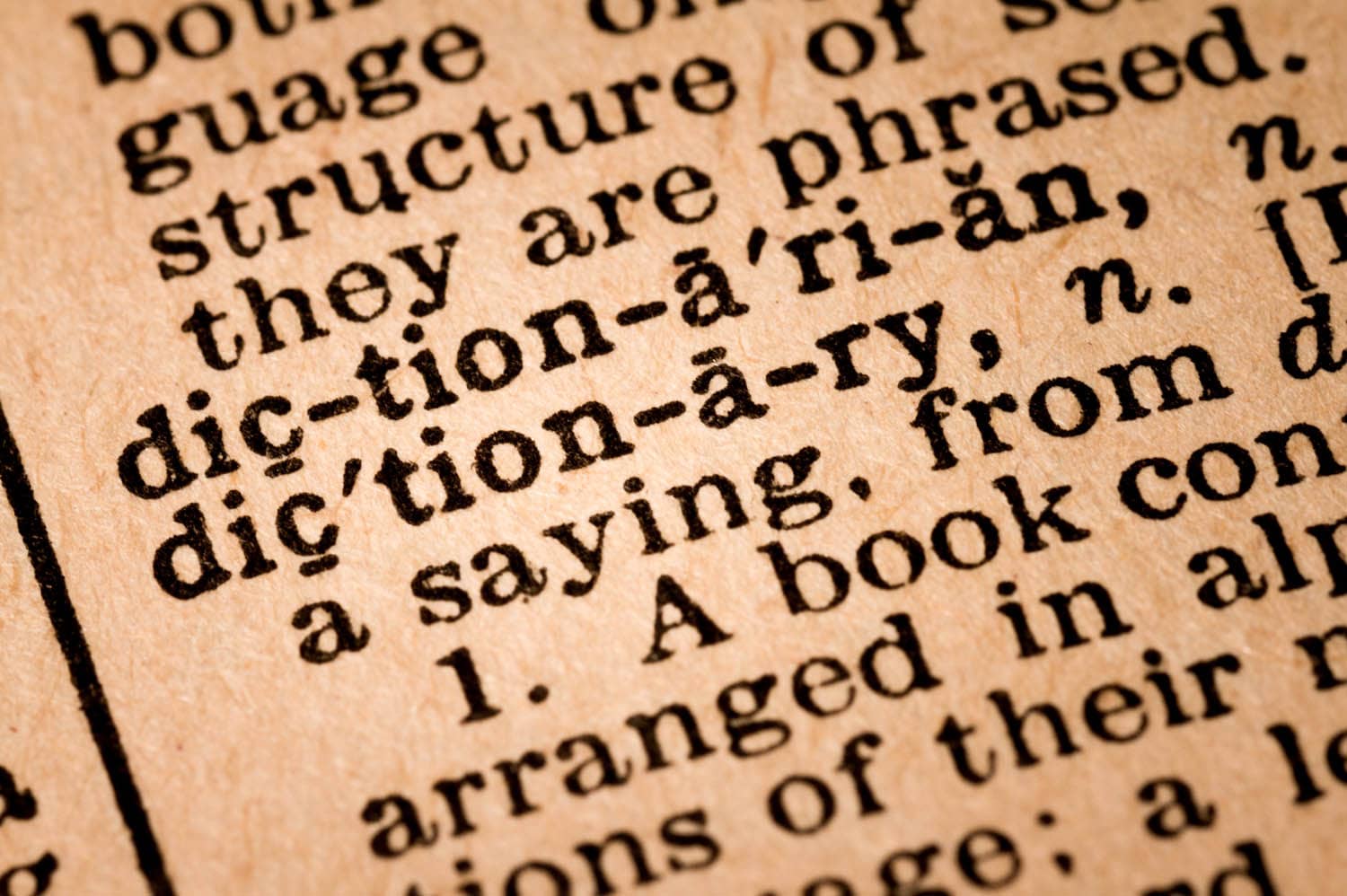Is it license or licence?
It is always tricky recognising US English spellings and British English spellings with words like these.
Whether we like it or not, much of our language is now heavily influenced by US English spellings. We use both forms in British English – one is a verb (doing word) and the other a noun (thing).
License
This is the verb ‘to license’.
Examples:
- I license this pub.
- You are licensed to run this pub
- The officer licenses the taxis here.
Licence
This is the noun ‘a/the licence’.
Examples:
- I have a driving licence.
- She wants to buy a licence for her car.
See also: Is it practise or practice?
Certain sets of words follow group rules of English grammar. Many rules of grammar are quite mathematical, with groups of words falling into building-blocks which all act in the same way.
For example, the spelling rules are the same for ‘practice’, ‘licence’ and ‘advice’: the noun has a ‘c’, while the verb has an ‘s’.
One way of remembering this is that the word ‘noun’ comes before the word ‘verb’ in the alphabet; likewise ‘c’ comes before ‘s’, so the nouns are ‘practice/licence/advice’ and the verbs are ‘practise/license/advise’.
In fact, the confusion arises with ‘practice’ and ‘licence’ mainly because they sound the same with the ‘c’ or the ‘s’.
However, with ‘advice’ and ‘advise’, there is a shift in sound, so there is no confusion at all.
We can use this to our advantage: another way of knowing which to use is to replace the ‘practice’ or ‘licence’ word you want with ‘advice’ or ‘advise’ – this will tell you whether you need the ‘c’ or the ‘s’ spelling.
So, in the following phrase, let’s say you are unsure which to write:
- I do not like this ‘practise/practice’.
Replace the word you want with ‘advice’ or ‘advise’.
- I do not like this ‘advice’. RIGHT
So – you will need:
- I do not like this ‘practice’. RIGHT
